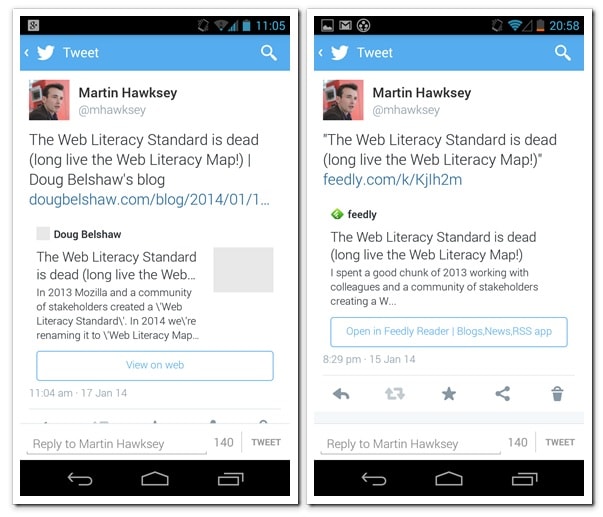The Digital Reader |
| I’ve added Captcha to the Comment Form Posted: 18 Jan 2014 06:49 PM PST I’m sorry to have to announce this, but I’ve added a captcha to the comment form. Due to an overwhelming and unending amount of spam, I find myself forced to add a captcha in the hopes it will filter out the bots. I don’t like captcha and I’m sure you don’t like it either, but I am getting so much spam each month that it’s either add a captcha or disable the comments entirely (or switch to a comment platform like Disqus or Livefyre, but I would rather close the comment section than deal with those folks). According to akismet, this blog got 559,815 spam comments in December 2013. That is 10 times the amount of spam I had to deal with in December 2012, and there is no sign that the onslaught will abate any time soon. January promises to be just as busy; I’ve already had to deal with 341 thousand spam comments. So at this point I cannot put it off any longer. Sorry. The post I’ve added Captcha to the Comment Form appeared first on The Digital Reader. |
| Feedly Found a New Way to Steal Page Views From Publishers Posted: 18 Jan 2014 02:28 PM PST
Not only is this new service opt-out, it also siphons away page views from mobile visitors. This URL shortener service is the same one which Feedly was caught using to hijack links and steal page views back in December (that was during the beta test). Feedly stopped hijacking links after being criticized from all sides, but they didn’t change their behavior. Rather than try not to harm publishers, Feedly found a more subtle way to steal page views and make it difficult for publishers to engage with readers. It’s so subtle that I missed it, but luckily a reader (Thanks, Alan!) tipped me to a blog post by Martin Hawksey. Martin wrote his post with a focus on how Feedly is inserting its own the twitter metadata in place of the metadata that original publishers can include with links shared on Twitter, but he also posted a couple screen shots which make it quite clear that Feedly is harming publishers in more ways than simply messing with the metadata. The 2 screen shots below were taken from the Twitter app on an Android smartphone. They show two different tweets which link to the same content. The screenshot on the left shows a tweet that was shared from the original publisher’s website, while the screenshot on the right shows a tweet that was shared from inside Feedly. Can you see the differences? I can see a couple key differences, and both are hostile to publishers. One, Feedly is slapping their brand on someone else’s content, and two, they’re actively discouraging mobile users from visiting the original publisher’s website. In the screenshot on the left you can see that the inset text lists the author as Doug Belshaw. In the screenshot on the right, Feedly wants you to think that they are the author. In other words they slapped their brand on work they did not create. They want people to think of them as the source of the content, probably in the hopes that this will boost Feedly’s profile and its userbase. And to make matters worse they are pulling this trick both on the Twitter website and in the Twitter apps. Next, look at the button down below the text. In the screenshot on the left you see a button with the words “View on web”, while on the right you see a prompt to open Feedly’s app. (If you don’t have the app installed the prompt will suggest that you install it.) The prompt to use/install the Feedly app is not visible when you visit the Twitter website, only when you visit via a mobile app. This might seem like a small issue, but as of October 2013 Twitter reported that 75% of their 218 million users use the service via a mobile app. That means that Feedly has set itself up to steal most of the potential page views gained via Twitter. Feedly is depriving creators of recognition, and they are also stealing page views. And to make matters worse, I have confirmed that this URL shortener is enabled by default. That means that Feedly users need to go to the Preference menu to disable the URL shortener or they will be inadvertent accomplices to Feedly’s theft of page views. Feedly is a big fan of opting out. In fact, Feedly CEO Edwin Khodabakchian showed up in the comments for that post last month and defended his company with a justification which is going to sound just as bad to day as it did a month ago:
He thinks it is perfectly okay to expect publishers to opt out of being punched in the wallet. I really don’t know what to say to that. The post Feedly Found a New Way to Steal Page Views From Publishers appeared first on The Digital Reader. |
| You are subscribed to email updates from The Digital Reader To stop receiving these emails, you may unsubscribe now. | Email delivery powered by Google |
| Google Inc., 20 West Kinzie, Chicago IL USA 60610 | |


No comments:
Post a Comment